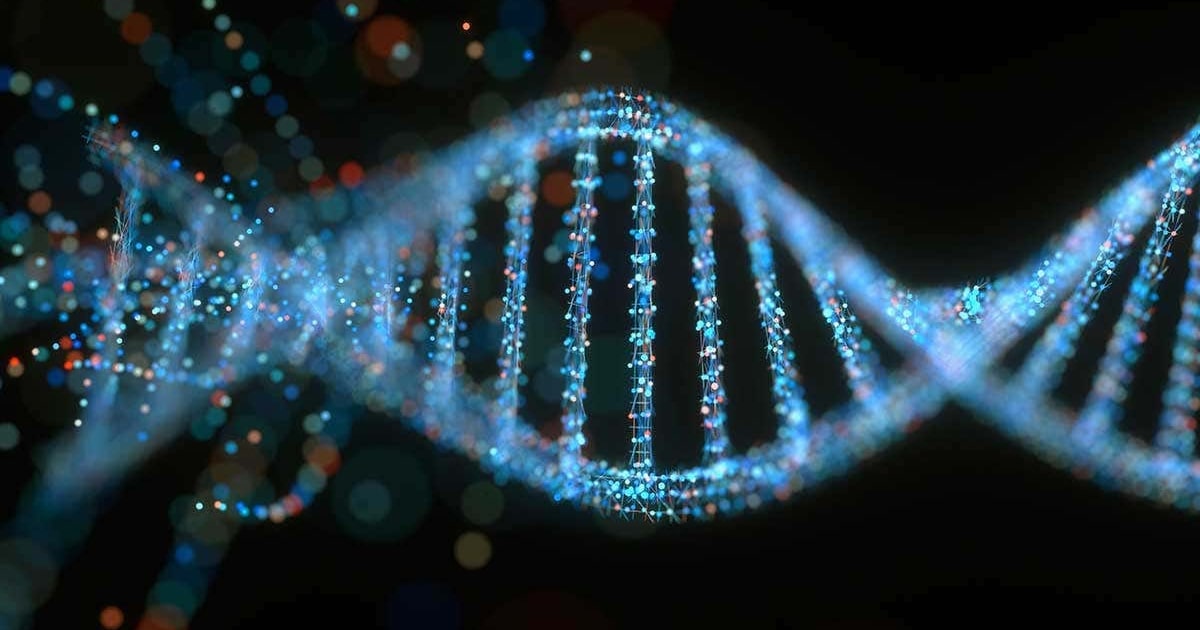
Expert Reviewed By: Dr. Brandon Colby MD
Understanding Muscular Dystrophy-Dystroglycanopathy
Muscular dystrophy-dystroglycanopathy (congenital with intellectual disability), type B1, is a rare genetic disorder that presents a complex array of symptoms. This condition is part of a group of disorders characterized by muscle weakness, intellectual disability, and, in some cases, brain malformations. The underlying cause of this disease is linked to mutations in the genes responsible for producing proteins essential for muscle function and brain development.
As with many rare genetic disorders, the path to diagnosis can be long and fraught with uncertainty. However, advancements in genetic testing offer a beacon of hope, providing a clearer understanding of the disease and aiding in the management of its symptoms.
The Role of Genetic Testing
Genetic testing has emerged as a powerful tool in the diagnosis and management of muscular dystrophy-dystroglycanopathy. It allows for the identification of specific genetic mutations associated with the disorder, enabling healthcare providers to tailor treatment plans and provide more accurate prognoses.
Identifying Genetic Variants
One of the primary uses of genetic testing in muscular dystrophy-dystroglycanopathy is the identification of genetic variants that cause the disease. By analyzing a patient's DNA, healthcare providers can pinpoint mutations in genes such as DAG1, which are critical for muscle and brain development. This information not only confirms the diagnosis but also helps in understanding the severity of the condition and potential complications.
Correlating Genetic Findings with Clinical Symptoms
Genetic testing also plays a crucial role in correlating genetic findings with clinical symptoms. As highlighted in the study, specific genetic variants can be linked to the severity of motor function impairment and the presence of other symptoms such as epilepsy and intellectual disability. Understanding these correlations can help in predicting disease progression and tailoring interventions accordingly.
Facilitating Family Planning and Genetic Counseling
For families affected by muscular dystrophy-dystroglycanopathy, genetic testing provides invaluable information for family planning and genetic counseling. By identifying carriers of the genetic mutation, families can make informed decisions about future pregnancies. Genetic counseling can also offer emotional support and guidance, helping families navigate the complexities of living with a genetic disorder.
Advancing Research and Therapeutic Development
Beyond its immediate clinical applications, genetic testing is a cornerstone of ongoing research into muscular dystrophy-dystroglycanopathy. By identifying the genetic underpinnings of the disorder, researchers can develop targeted therapies aimed at correcting or mitigating the effects of the mutations. This research holds the promise of more effective treatments and, ultimately, a cure.
Conclusion
Muscular dystrophy-dystroglycanopathy (congenital with intellectual disability), type B1, presents significant challenges for those affected and their families. However, the advent of genetic testing offers a path forward, providing critical insights into the disease and opening doors to personalized care and treatment. As research continues to advance, there is hope that genetic testing will not only improve the quality of life for those with this disorder but also bring us closer to a future where such conditions can be effectively treated or even prevented.
About The Expert Reviewer
Dr. Brandon Colby MD is a US physician specializing in the personalized prevention of disease through the use of genomic technologies. He’s an expert in genetic testing, genetic analysis, and precision medicine. Dr. Colby is also the Founder of and the author of Outsmart Your Genes.
Dr. Colby holds an MD from the Mount Sinai School of Medicine, an MBA from Stanford University’s Graduate School of Business, and a degree in Genetics with Honors from the University of Michigan. He is an Affiliate Specialist of the American College of Medical Genetics and Genomics (ACMG), an Associate of the American College of Preventive Medicine (ACPM), and a member of the National Society of Genetic Counselors (NSGC)